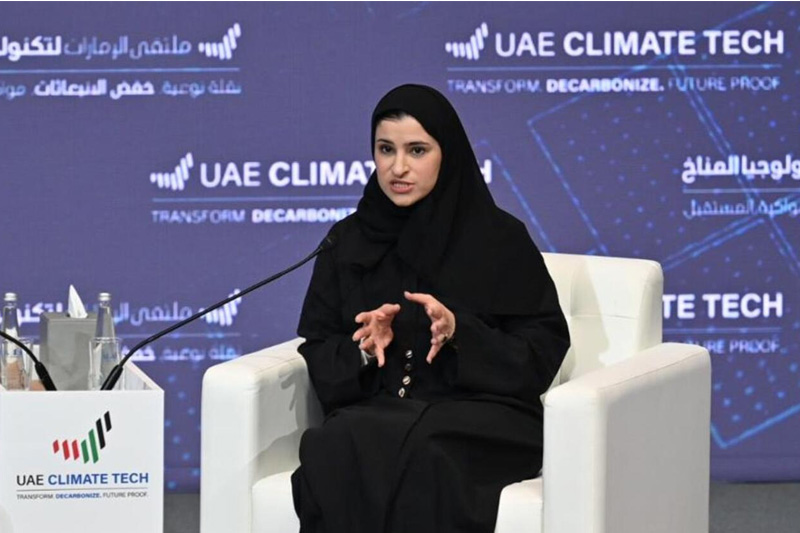The top ministers of the UAE emphasized the need for an all-inclusive dialogue to drive tangible changes and secure the future of generations to come at the UN Climate Change Conference (COP28 UAE). They highlighted the importance of addressing the biggest problems, including access to technologies, access to financing, and an effective mechanism to achieve carbon neutrality across the world.
Access to technologies is a critical factor in mitigating climate change. Innovative technologies can provide sustainable and cost-effective solutions for reducing greenhouse gas emissions, promoting energy efficiency, and increasing the use of renewable energy sources. However, access to these technologies is limited, particularly for developing countries. Thus, the ministers emphasized the importance of increasing access to these technologies to ensure that everyone can contribute to mitigating climate change.

Access to financing is another critical factor in mitigating climate change. Developing countries often lack the financial resources to invest in climate change mitigation and adaptation measures, making it difficult for them to transition to a low-carbon economy. Therefore, the ministers highlighted the need for developed countries to provide vulnerable countries with the necessary resources to address climate change.
Achieving carbon neutrality is also crucial in mitigating climate change. Carbon neutrality means balancing carbon emissions with carbon removal or offsetting measures. Achieving carbon neutrality is challenging, but it is essential to limit the global temperature increase to 1.5 degrees Celsius above pre-industrial levels, the goal of the Paris Agreement.
The UAE has been investing heavily in renewable energy for the past 15 years, with $40 billion invested so far and a plan to spend $160 billion over the next 30 years. This investment has made significant progress towards achieving carbon neutrality. Additionally, the ministers emphasized the need for a shared sense of responsibility and accountability to address climate change effectively. Everyone must play their part in mitigating climate change, and governments, the private sector, and individuals must be accountable for their actions.
The ministers also highlighted the need for a “new” focus on the private sector in the fight against climate change and global warming. The private sector can contribute significantly to climate change mitigation efforts by investing in renewable energy, promoting sustainable practices, and reducing greenhouse gas emissions. The UAE has established a circular economy policy that encourages the private sector to shift to cleaner industrial production methods and techniques, including the use of artificial intelligence. The circular economy policy has approved 22 policies to expedite progress of the circular economy transition, and more policies will be introduced in the coming years.
Finally, the ministers emphasized the importance of nurturing talent and educating them to address the challenge of climate change effectively. It is not enough to focus on financing and technology. The ministers emphasized the importance of focusing on those who will actually implement these solutions and make them a reality. This means investing in education and training programs to develop the skills and knowledge necessary to address climate change effectively.
Summary of article by: Ashwani Kumar, Khaleej Times
Read full article : HERE



